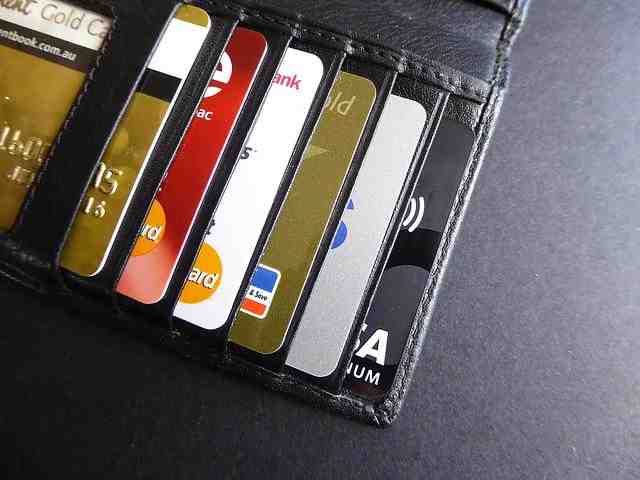Debit Card and Credit Card are two of the most used financial products in today’s market. Almost everyone has a debit card nowadays and the number of credit card users has also been increasing at a very high rate. They both look very identical because both have a 16-digit number on them, an expiry date, and an EMV chip on them. Along with their looks, they have very similar uses as well. However, this article will focus mainly on the difference between a debit card and a credit card. There are various advantages and disadvantages of credit cards and debit cards on the basis of which we can differentiate between the two.
What is a Credit Card?
A Credit Card is also a financial instrument that you can use to make transactions but the amount is not deducted from your account. The card issuer pays for the transaction and gives the customer a credit period to pay back the amount. In India, there are so many banks that offer their best credit cards from which you can choose the one suited for yourself.
Eg.: Simply Save SBI Credit Card, HDFC Regalia Credit Card, Bank of Baroda Easy Credit Card, etc.
What is a Debit Card?
A debit card is a financial instrument that lets you make a transaction in which the amount is deducted from your bank account. You get a debit card as soon as you open a savings account with the bank.
Eg.: SBI Platinum International Debit Card, Axis liberty Debit Card, etc.

Differences between Credit Card and Debit Card
| S.No. | Parameter | Debit Card | Credit Card |
| 1 | Deduction Source | The transaction amount is directly deducted from your bank account. You should have an account in the bank to have a debit card. | The transaction amount is paid by the card issuer as a short-term loan to you. It is not necessary to have a bank account in the bank that has issued you a credit card. |
| 2 | Usage Limit | You can make transactions less than or equal to your bank balance. This can be considered an advantage of a debit card since it will prevent you from taking any credit. | You don’t need to have any amount in your bank account to make transactions. You can make transactions equal to or less than your credit limit set by the bank. |
| 3 | Offers and Rewards | The one difference between a credit card and a debit card which makes a credit card attractive is that in a debit card the offers and rewards are very minimal and rare. | You get special rewards and offers based on the credit card you opt for. You get discounts, cash back, and reward points on the transactions that you make with your credit card. The rewards and offers however depend upon the credit card you use for making the transactions. |
| 4 | Interest Rate | You are not charged any interest on the transaction amount since it is the money that belongs to you. | You are charged interest over the transaction amount since the amount is like a short-term loan given by the bank. However, if you pay the bill before the due date then no interest is charged. The interest rates on credit cards vary from bank to bank. |
| 5 | Fees and Charges | You pay fixed annual maintenance charges, replacement charges, and charges for transactions on the ATM after your limit of the free number of transactions is exhausted. | There are various charges that are associated with credit cards like annual fees, late payment charges, ATM cash withdrawal charges, and over-limit fees. Use a credit card according to their offers to avoid paying annual fees. |
Note – Sometimes people get confused about whether is atm card a debit card or a credit card. Your ATM card is basically a debit card, however, you can also use a credit card to withdraw cash from ATMs.
So, readers, these are the top 5 differences between a debit card and a credit card. Keep these differences in mind while using your cards to avoid any shocking charges in your bank statement or your credit card bill. After comparison, we have compiled a list of the best credit cards in India from banks. Have a look at this list or compare credit cards on your own before buying one. Feel free to share this article with your peers. Follow us on Instagram (wealth_drift) for valuable and easy-to-implement tips on personal finance.



